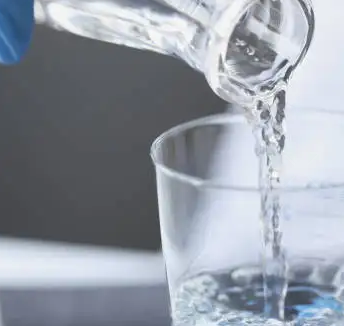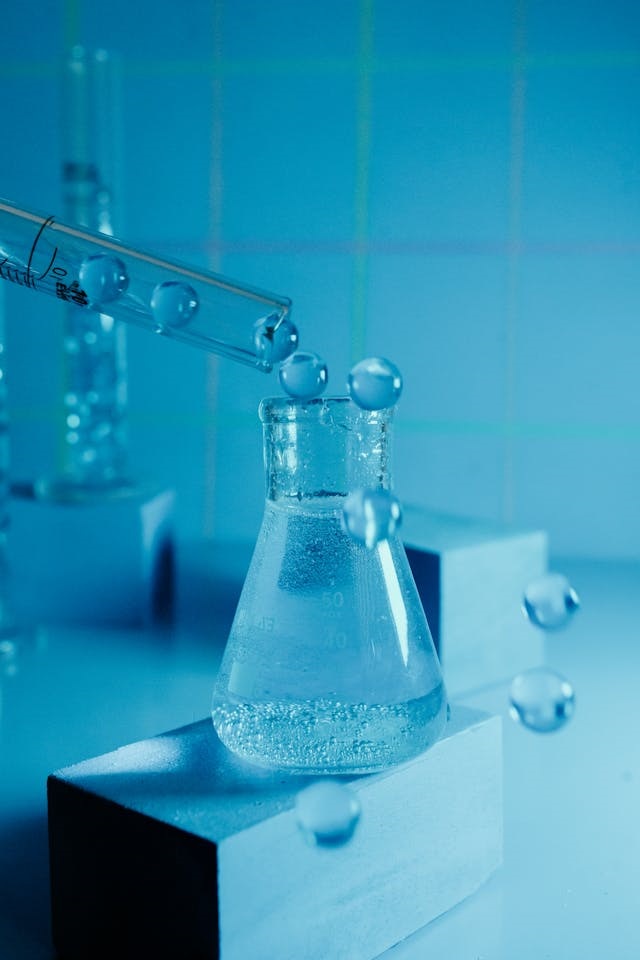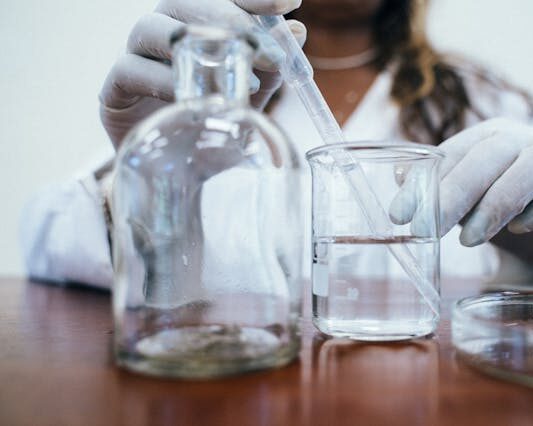-

Ensuring Safe Drinking Water: Understanding and Detecting Chloramine
Chloramine, a compound formed by the combination of chlorine and ammonia, is widely used as a disinfectant in municipal water systems. While chloramine effectively kills harmful bacteria and pathogens, it can have notable impacts on water quality and health. For those who rely on municipal water supplies or private wells, detecting chloramine in drinking water…
-

How Water Testing Can Help Save Water: Practical Tips for Conservation at Home and Outdoors
Water conservation is becoming more vital, as recent reports show that 80% of water utility operators expect shortages in the future. The average urban Indian consumes approximately 150 liters of water daily. Research indicates that Indian households waste over 45 liters of water per person each day. With climate change and shifting rainfall patterns, the…
-

Environmental Testing for Hazardous Materials: What You Need to Know
Environmental testing is a crucial procedure used to assess and identify the presence of dangerous substances in our surroundings. This process helps detect harmful materials like asbestos, lead, and mold, which can pose serious health risks when not addressed. Environmental testing plays an essential role in identifying these threats and mitigating their dangers. Let us…
-

The Iron Test in Water Testing: Its Importance and How It Supports Growth Across Industries
Water testing is a fundamental practice to ensure that water is safe for various uses, from drinking to industrial processes. One of the most critical parameters tested in water is the presence of iron. The iron test in water testing is an essential tool to detect and measure iron concentrations, which can significantly impact both…
-

The Importance of Magnesium Testing in Water Testing A Key to Health, Industry, and Growth
Water testing is a critical process in ensuring the safety, quality, and suitability of water for various uses, ranging from drinking and agriculture to industrial applications. Among the many parameters tested in water, magnesium levels hold significant importance. Magnesium is a naturally occurring mineral essential for various biological processes, but when present in high concentrations…
-

Understanding the Significance of TDS Testing in Water Benefits for Industries, Businesses, and Households
Water testing is an essential practice for ensuring that the water we use is safe and of high quality. One of the key parameters in water testing is the measurement of Total Dissolved Solids (TDS), which indicates the concentration of dissolved substances in water, such as salts, minerals, and metals. TDS testing plays a critical…
-

How Does Temperature Affect Water Quality? The Role of Water Testing in Monitoring Temperature Impacts
Water quality is a crucial element for the health of aquatic ecosystems, human populations, and industries. While a variety of factors influence water quality, temperature plays a particularly significant role. Changes in temperature can alter the physical, chemical, and biological properties of water, influencing everything from oxygen levels to the growth of algae. Monitoring temperature…
-

The Future of Water Testing: Market Trends and Industry Expansion Through 2032
The global water testing market was valued at USD 2.43 billion in 2022. It is expected to grow at an annual rate of 5.21% from 2024 to 2031. By 2031, the market is predicted to reach USD 3.30 billion. Key findings from the research include: Market Growth: From 2018 to 2028, the market is expected…
-

Why Testing Packaged Drinking Water Matters
Access to clean, safe drinking water is one of the fundamental requirements for good health. With the increasing demand for convenient, bottled water, the need for rigorous testing of packaged drinking water has become more critical than ever. While packaged drinking water is often seen as a safe alternative to tap water, the reality is…

